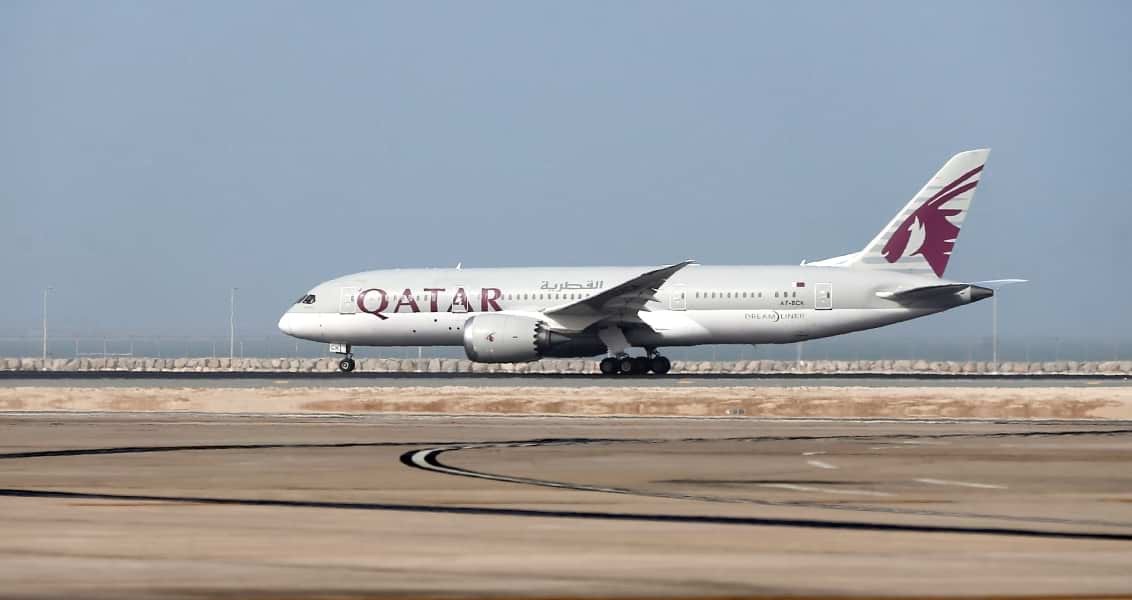
Targeting Turkey a Grave Mistake by Gulf Quartet
The Gulf clearly wants to fuel polarization between Sunnis and Shiites in the region to contain Iran and, believing Turkey's partnership with Qatar to be an obstacle before their agenda, wants to sever Doha's ties with Ankara
Share
The blockade imposed on Qatar by a group of countries led by Saudi Arabia, the United Arab Emirates, Egypt and Bahrain reached a new level, as Doha was presented with a list of 13 demands via Kuwait - just after U.S. Secretary of State Rex Tillerson urged the Gulf to make "reasonable" and "actionable" demands while Saudi Arabia appointed a new "almighty" crown prince.
As the Qatar crisis enters its third week, the countries that charged Doha with supporting terrorism have not been able to produce any evidence to support their claim. Nonetheless, they presented the Qataris with an ambiguous and comprehensive list of demands that, if accepted, will turn the tiny country into a satellite state over the next decade. Some of the demands, such as Qatar ending its "interference in sovereign countries' internal affairs" and paying "reparations and compensation for the loss of life and other financial losses caused by [its] policies" are ambiguous and, to recall Mr. Tillerson's words, not actionable. Asking Doha to shut down state-funded media outlets, including Al-Jazeera, and to provide documents of its contacts with opposition groups, in turn, are unreasonable.
It would appear that the list was put together by the governments of Egypt, Bahrain and the United Arab Emirates to suppress their opponents. The Muslim Brotherhood's inclusion in the list of terrorist groups, for instance, reflects the Gulf's fear of moderate Islamist opposition. Meanwhile, the emphasis on Qatar cutting its ties with Hezbollah and Iran signals the Gulf's intentions to combat Tehran and Iranian proxies in the region.
But there is no doubt that the most controversial item on the Gulf's demands list is the immediate shutdown of Turkey's military base in Qatar - which goes far beyond dictating policy on a sovereign nation. In other words, the blockade does not seem intended to just bring the Qataris to their knees. At the same time, the Gulf quartet openly targets Turkish interests along with Iran to place regional stability at further risk.
At a time when questions are being raised about the UAE's support to the PKK - which Turkey, the United States and the European Union consider a terrorist organization - and Saudi assistance to the People's Protection Units (YPG), the PKK's Syrian franchise, under the Syrian Democratic Forces (SDF) umbrella, it is quite ironic that the same countries are accusing Qatar of terror financing. Moreover, their request that Qatar end its military cooperation with Turkey is a grave mistake and a symbol of the Gulf's ambitions, fueled by the Trump effect.
It is noteworthy that the Gulf States seem so certain of U.S. President Donald Trump's intentions to contain and isolate Iran (and this policy's chances of success) that they can even think about containing the Turkish influence in the Middle East. Ironically, they are willing to ignore the risk of pushing the Turks, a regional power that they desperately need on their side if they are serious about stopping Persian expansionism in the region, toward Iran. Although the Gulf quartet's demand is clearly unreasonable, it is important to understand the driving force behind this policy decision. It would appear that Turkey's military presence in Doha is considered an impediment on the goal of turning Qatar into a satellite state over the next 10 years.
At the end of the day, only Qatar and Turkey can decide if they want to continue their military cooperation. But the Gulf's negative stance toward Ankara is indeed noteworthy. The fact that the Saudi-led coalition would complain about the Turkish military presence in Qatar, just as new information surfaces about the UAE's involvement in last year's coup attempt in Turkey, is just a simple policy decision or even a mistake. The Gulf clearly wants to fuel polarization between Sunnis and Shiites in the region to contain Iran and, believing Turkey's partnership with Qatar to be an obstacle before their agenda, wants to sever Doha's ties with Ankara. Even Turkey - which criticizes Iran but discourages polarization - they believe needs to be disciplined by driving a wedge between the Turkish government and the representatives of Sunnis in Iraq and Syria.
Unfortunately, this ambitious game of thrones being played by the Gulf's crown prince's represents a grave mistake. This policy will not only bring destruction to the Middle East but, quite frankly, prove too much for the Gulf States to handle.
[Daily Sabah, June 28, 2017]
Tags »
Related Articles






